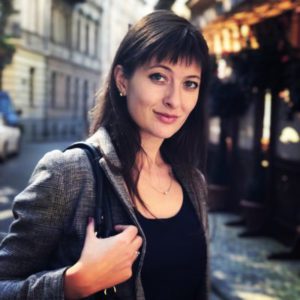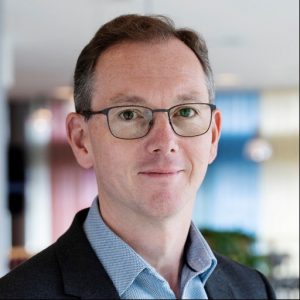When Lenin Becomes Lennon: Decommunisation and the Politics of Memory in Ukraine
RUCARR Seminar with Dr. Maksym Kovalov, instructor of International Studies at the College of Charleston. Maksym’s research focuses on democratization, populism, politics of memory, and political institutions in post-communist states. His current research projects are on populism in Poland and on the impact of political outsiders on democracy in comparative perspective.
When: Tuesday 20th of September, 15:15-17:00
Where: Hybrid, Seminar room on 9th floor, Niagara
Or Zoom: https://mau-se.zoom.us/j/66119415789
(no passcode required) (the presenter will attend online)
Abstract
In 2015 Ukraine’s parliament (Rada) passed a series of decommunization laws which set deadlines for clearing Soviet-era symbols from public spaces. Regional and municipal authorities were responsible for renaming the streets but Ukraine’s regions have shown highly uneven degrees of compliance with decommunization laws. How do we explain the differences in the scope of decommunization across Ukrainian regions? Why did some regions comply with the decommunization laws and rename all Soviet-era streets while others resisted and openly sabotaged the renaming process? I argue that political factors, or ‘politics of the present’, rather than structural factors, or ‘politics of the past’, explain the opposition to decommunisation since 2015. More specifically, two mutually necessary factors—the interaction among subnational veto players and the efforts of toponymic commissions—explain the opposition to the renaming of streets. Regions with a high number of subnational veto players and low engagement by toponymic commissions have shown a higher degree of resistance to the renaming of streets.






 Kristian Steiner, Associate professor in Peace and Conflict Studies, Malmö University, has for a long time been researching how religion function as a meaning making tool, legitimating, justifying, and motivating hate, violence. In his ongoing research and writing, Steiner analyses the function of meaning making and ideology for setting and policing the borders of closed communities, for legitimating its ties with external groups, and for internal its group dynamics
Kristian Steiner, Associate professor in Peace and Conflict Studies, Malmö University, has for a long time been researching how religion function as a meaning making tool, legitimating, justifying, and motivating hate, violence. In his ongoing research and writing, Steiner analyses the function of meaning making and ideology for setting and policing the borders of closed communities, for legitimating its ties with external groups, and for internal its group dynamics Khalil Mutallimzada has a BA in Law from Baku State University, Azerbaijan and a BA in Peace and Conflict Studies from Malmö University, Sweden. Currently he is doing his MA in Russian and Eurasian Studies at Uppsala University, Sweden. Mutallimzada is, together with Kristian Steiner, also conducting research on a non-state Ukrainian paramilitary group called Right Sector’s Volunteer Ukrainian Corps (RS’ VUC), studying fighters’ motivations for joining this para-military battalion.
Khalil Mutallimzada has a BA in Law from Baku State University, Azerbaijan and a BA in Peace and Conflict Studies from Malmö University, Sweden. Currently he is doing his MA in Russian and Eurasian Studies at Uppsala University, Sweden. Mutallimzada is, together with Kristian Steiner, also conducting research on a non-state Ukrainian paramilitary group called Right Sector’s Volunteer Ukrainian Corps (RS’ VUC), studying fighters’ motivations for joining this para-military battalion.
 13.00 – Elnur Aliyev: “Ethno-linguistic portrait of the Shahdagh people – minorities of Azerbaijan”
13.00 – Elnur Aliyev: “Ethno-linguistic portrait of the Shahdagh people – minorities of Azerbaijan”